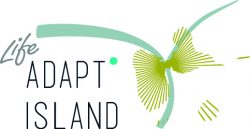LIFE Adapt' Island
Nature-based Solutions for the adaptation of Caribbean island territories to climate change.

A project to adapt to the effects of climate change:
Guadeloupe, home to exceptional biodiversity, is also highly impacted by the current and future consequences of climate change: cyclones, floods, coastal erosion, changes in ecosystems, etc.
Nature-Based Solutions are defined by IUCN as “actions to protect, sustainably manage and restore natural or modified ecosystems to directly address societal challenges in an effective and adaptive manner, while ensuring human well-being and generating benefits for biodiversity”.
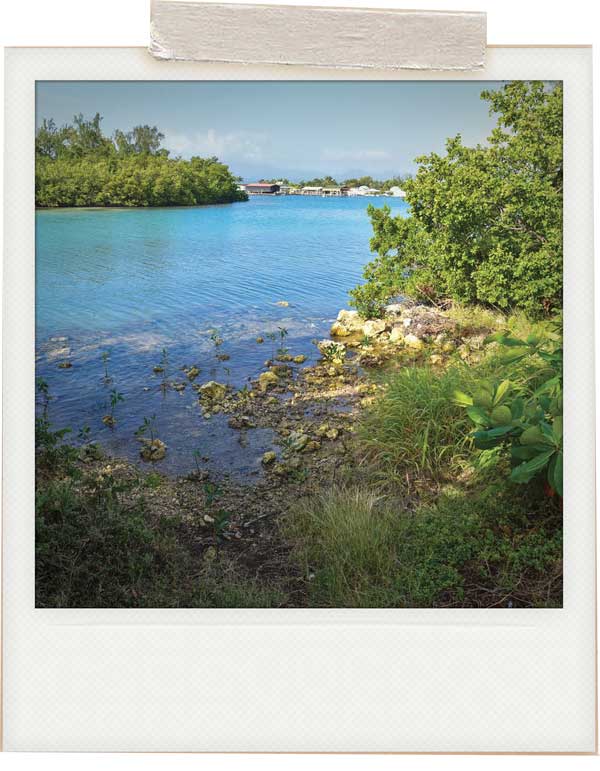
improve the resilience of the territory

1 project (for 5 years)
2 axes
3 target ecosystems
- Innovating to rehabilitate the natural spaces that protect our territories
- Disseminate these good practices to various key audiences (scientists, managers and developers, users, schoolchildren, etc.).
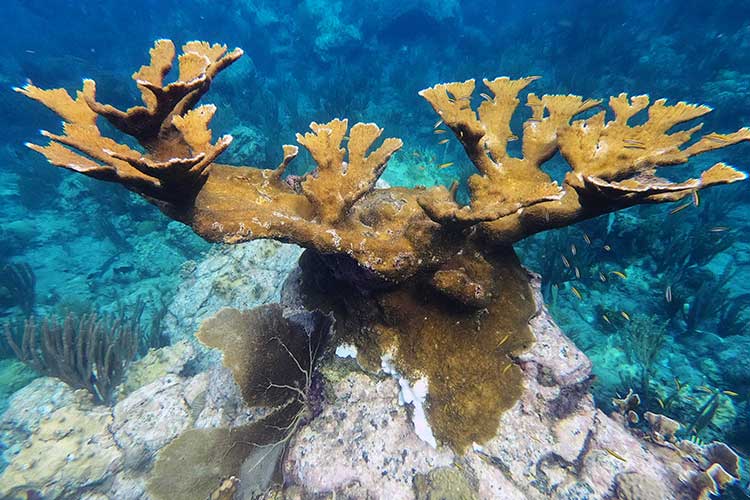
Coral reefs
Rehabilitation of 45,000m² of reefs
Coral reefs provide a natural barrier to dissipate wave energy.
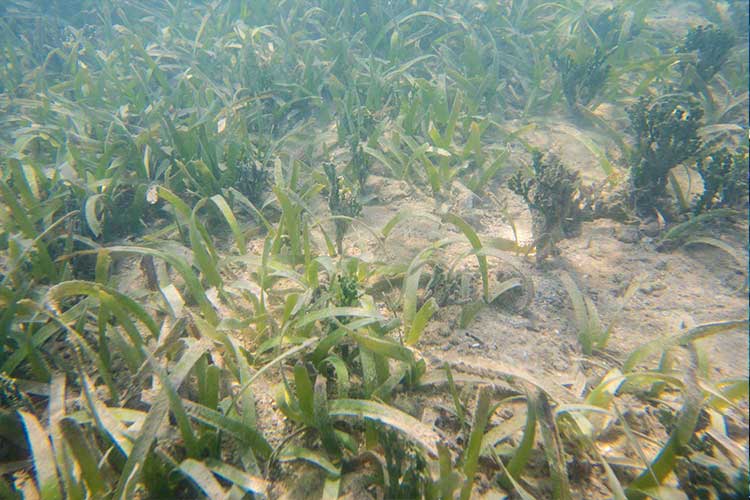
Seagrass beds
Rehabilitation of 45,000m² of seagrass beds
Seagrass beds attenuate wave energy and limit coastal erosion.
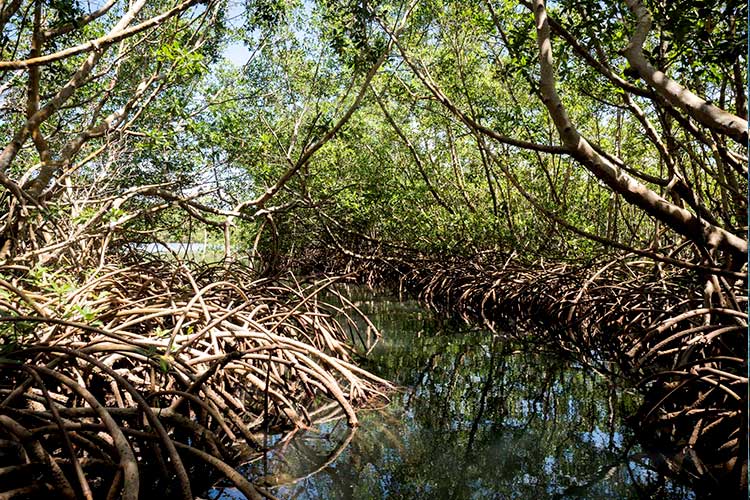
Mangroves
Rehabilitation of 80,000m² of mangroves
Coastal forests stabilize soils, reduce the effects of waves on coastal areas.
Numerous scientific publications demonstrate that the association between coral reefs, seagrass beds and mangroves is the best combination to protect coastal communities.
4 objectives:
– Developing an innovative adaptation strategy based on nature
– Restoring connections between coastal ecosystems
– Involving civil society and communities
– Replicating innovative techniques in the Caribbean
Our zones of intervention
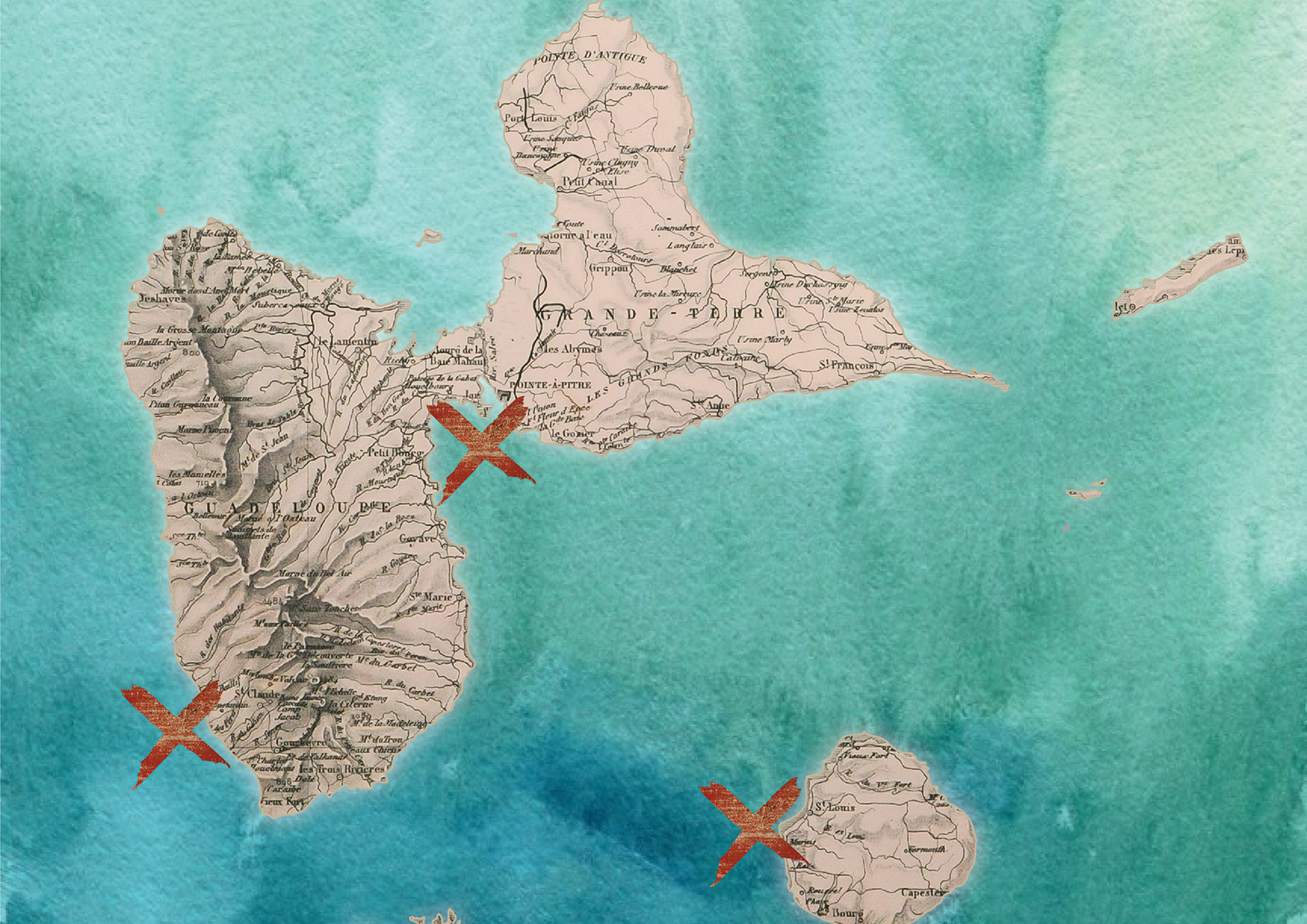
Our publications
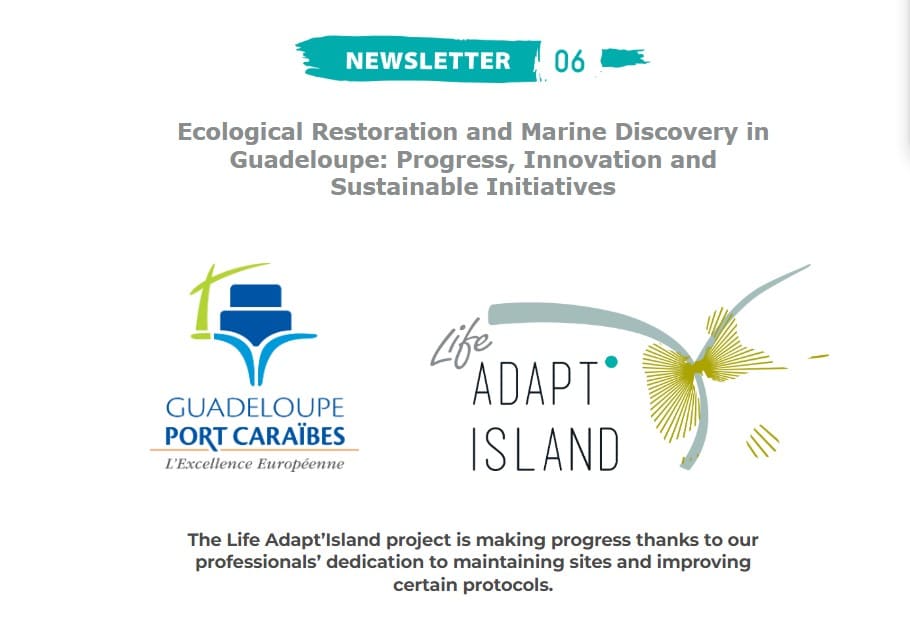
NEWSLETTER 6
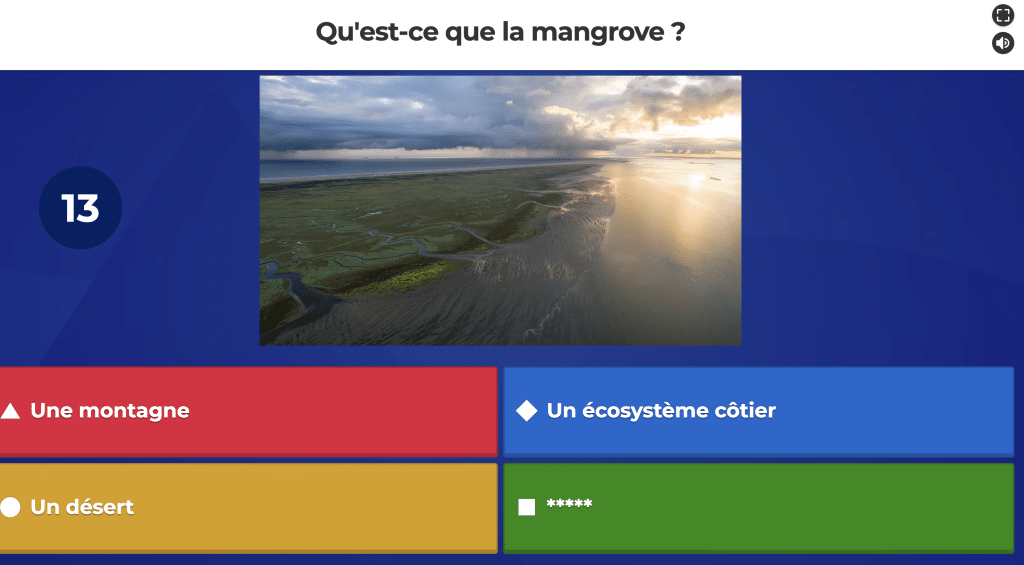
Discovering the KAHOOT! Platform : Activities Continue in Schools
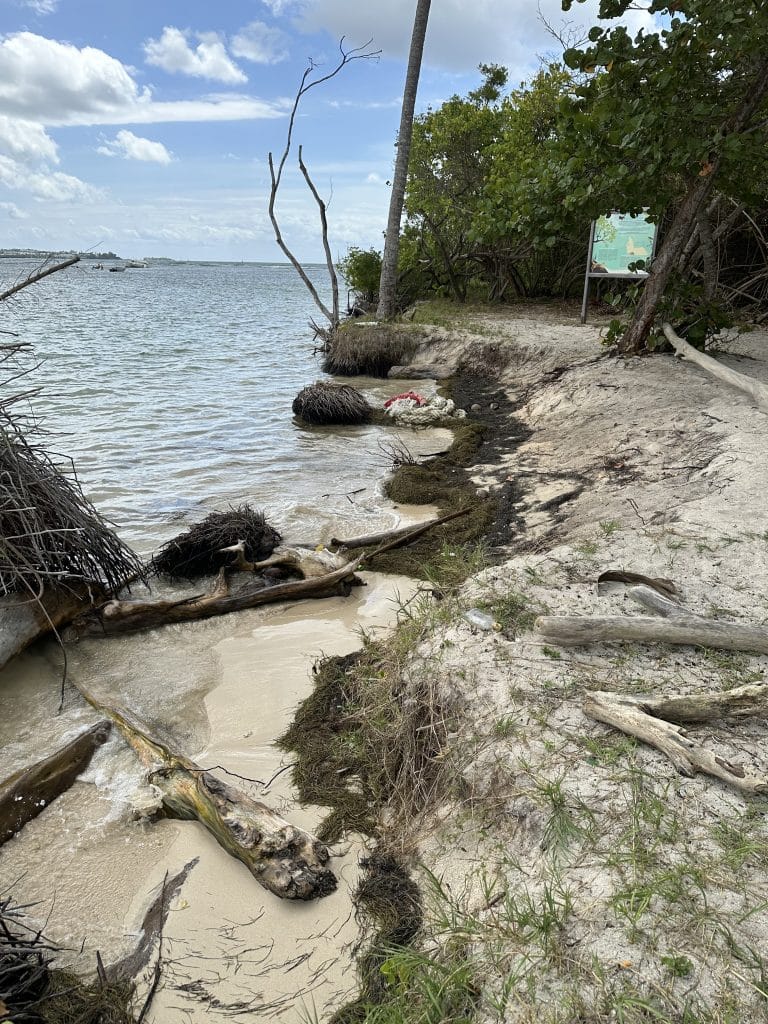
Mangroves: a solution to combat coastal and shoreline erosion
Rehabilitation actions
A project by nature
Development of an innovative strategy for adapting to the effects of climate change through the preservation of natural environments.
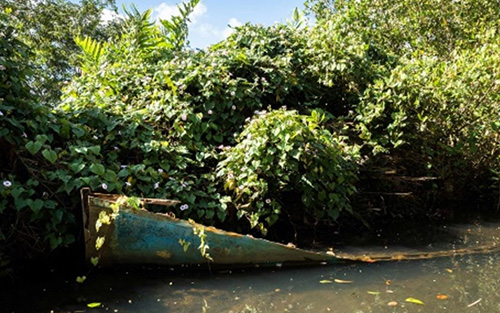
Reduction of pressures on the natural environment
– Raising awareness to reduce soil and water pollution
– Removal of wrecks and underwater / land waste
– Clearing and return to the natural profile of coastlines
– Management of Invasive Alien Species
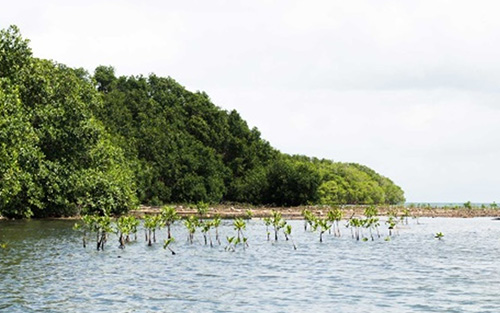
Rehabilitation and continuity of natural coastal areas
– Reinforcement of populations of key species of fauna and flora for biodiversity
– Reinforcement of the coastal vegetation fringe
– Management and protection of coastal areas
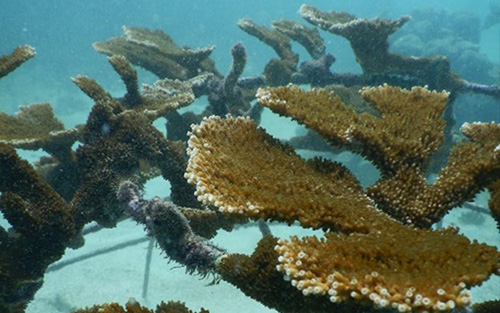
Environmental prototypes
– Establishment of coral farms
– Combination of artificial and natural solutions
– Design, testing and installation of eco-wetting systems
– Creation of nurseries of emblematic plant species
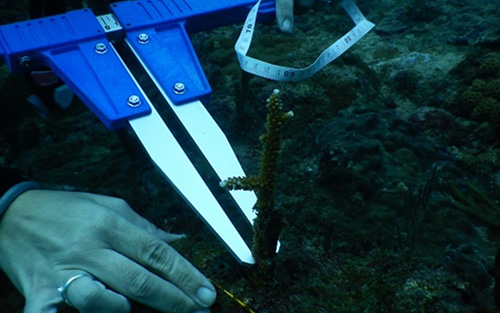
Environmental monitoring and surveillance
– Evaluation of the ecological impact of the actions undertaken and their technical aspects
– Definition of appropriate performance indicators
– Acquisition of rigorous scientific data and publication of scientific articles
A project for mankind
Raise awareness and involve diverse communities (schools, citizens, scientists, planners and managers of natural areas) in good ecological restoration practices at different spatial scales (territorial, Caribbean, European and international).
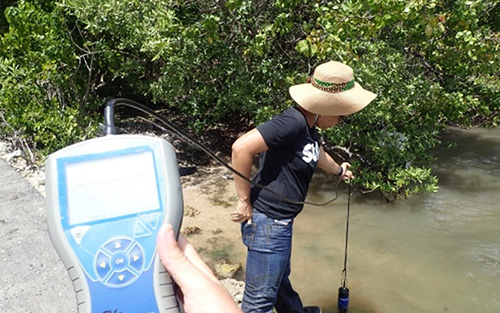
Scientific community
– Evaluation of protocols
– Disseminations in the scientific sphere
– Knowledge acquisition and partnerships
– Setting up scientific publications and conferences
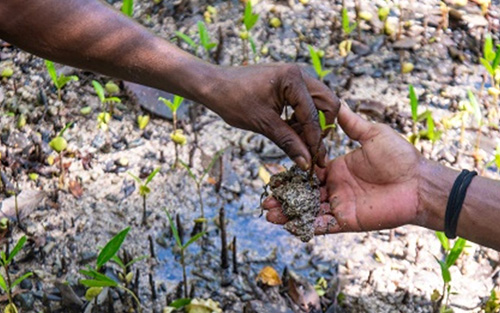
Civil society
– Development of eco-citizenship by raising awareness about the preservation of natural environments
– Education of the youngest / school children
– Accompaniment of associations towards responsible sustainable approaches
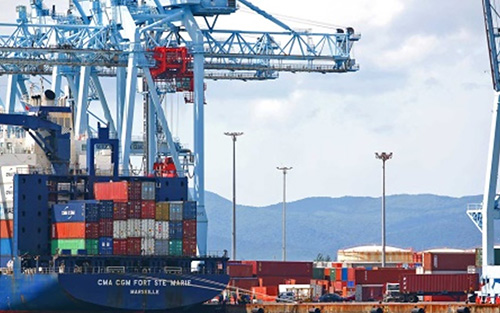
Players in the territory
– Setting up partnerships with environmental players
– Development of local economic sectors
– Dissemination of good practices for developers and managers
– Accompaniment of associations
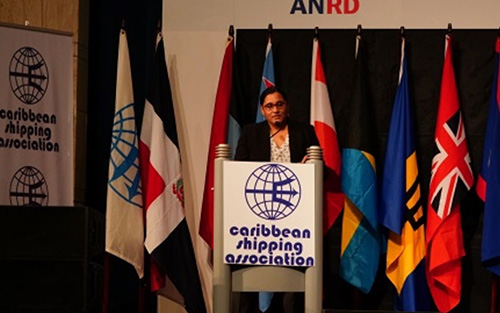
Institutions and governances
– Development of relationships at the level of national and European government bodies
– Accompaniment and inspiration of territorial public policies
project partners
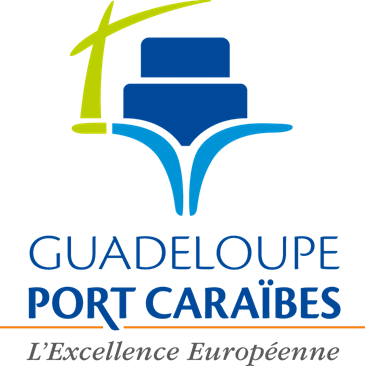
Grand Port Maritime De La Guadeloupe (Gpmg)
Beneficiary coordinator
Industrial and economic actor, manager of natural areas and responsible for the implementation of the project’s actions.
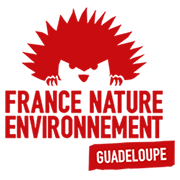
France Nature Environnement Guadeloupe
(URAPEG)
Co-beneficiary
Federation of associations working in the field of the environment, FNE 971 intervenes on the awareness and communication part of the project.
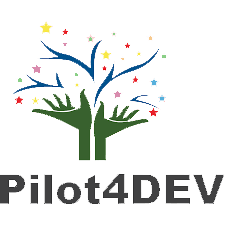
Pilot4dev
Co-beneficiary
Independent Brussels think tank active in the sectors of climate, environment, and the implementation of sustainable development objectives including gender equality. Its role is to provide support for the dissemination of the project on a European scale.
They support the project
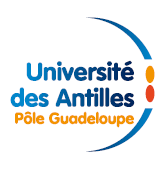
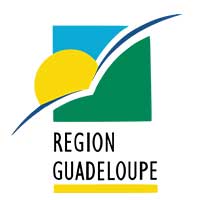
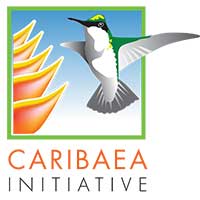
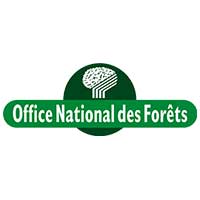
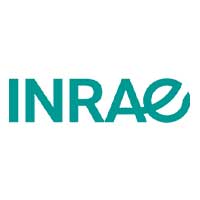
focus: the european LIFEprogram
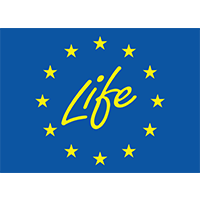
The LIFE program is the European Commission’s financial instrument for supporting projects in the fields of environment and climate.
It is aimed at public and private project leaders and aims to promote and finance innovative projects.
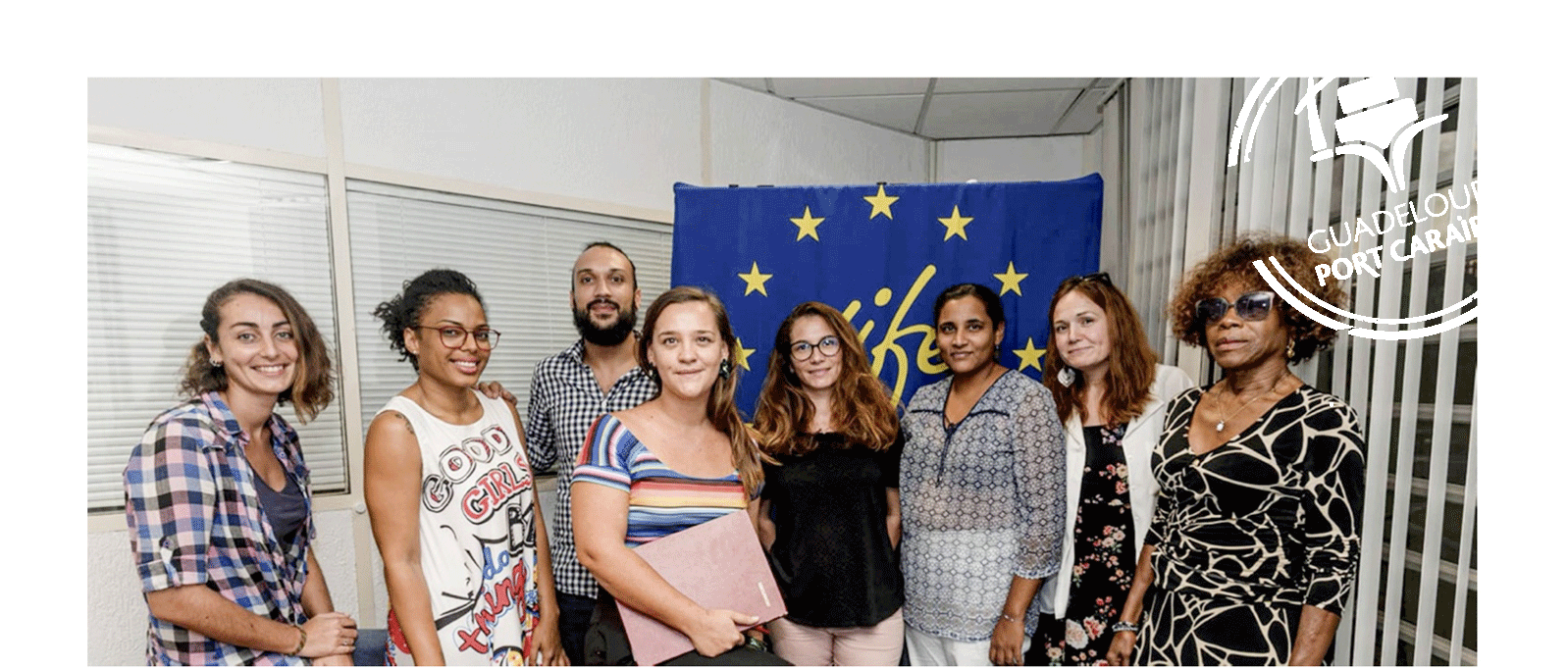
The team
Life Adapt’Island is supported by an entire institution and its teams. More than 10 employees are involved in the project on a daily basis.
